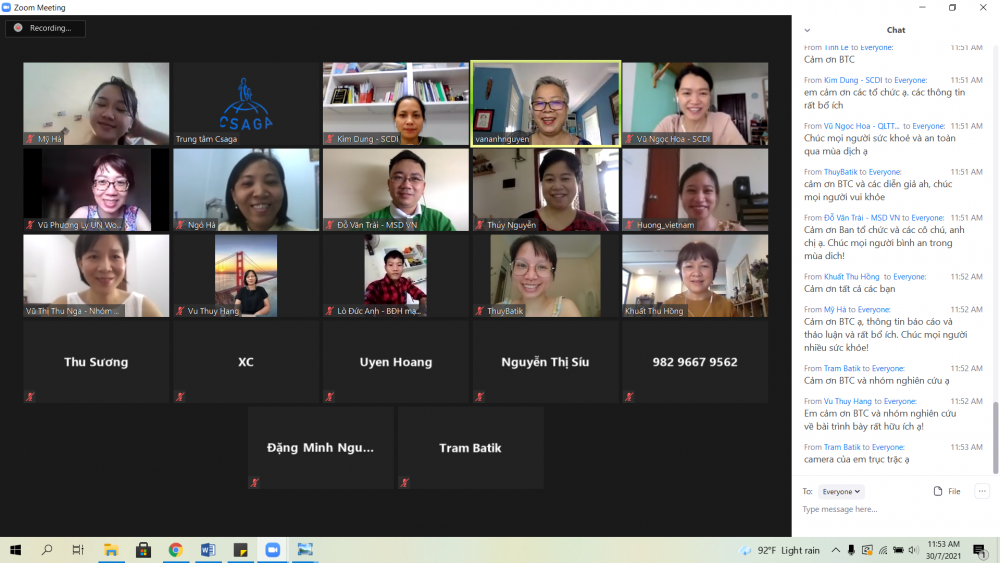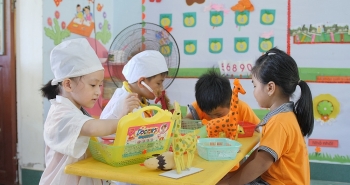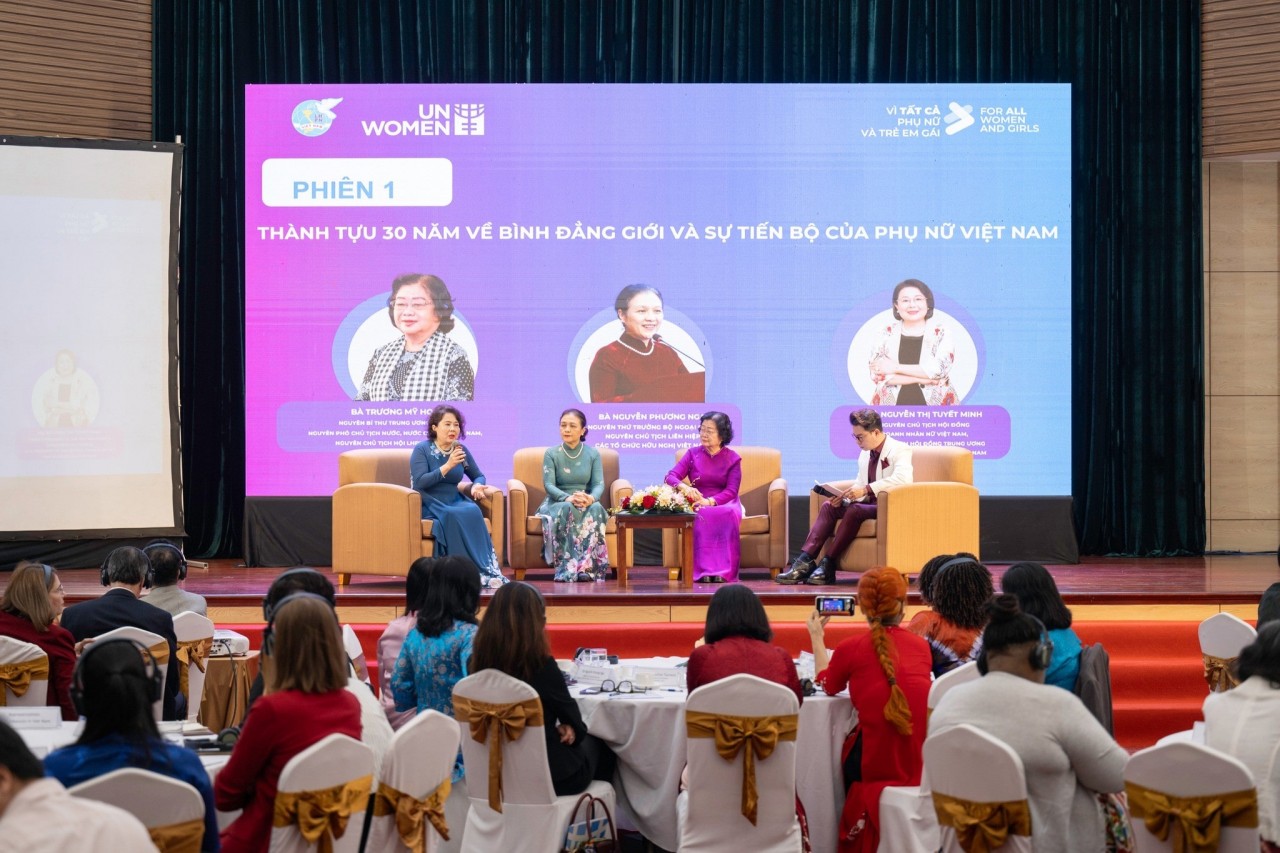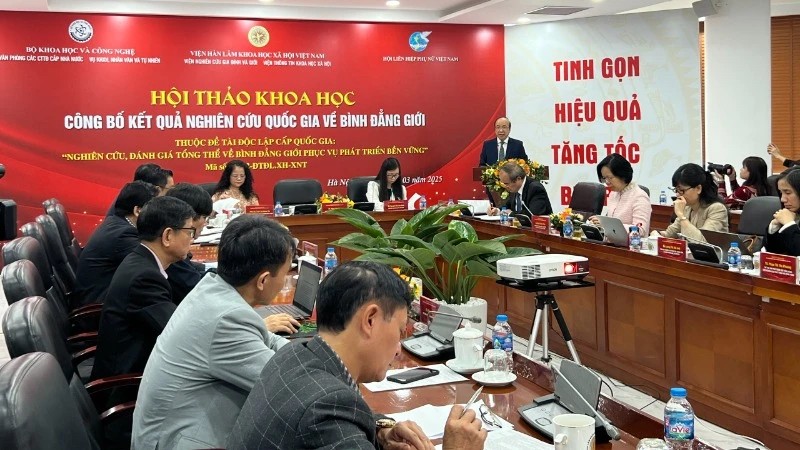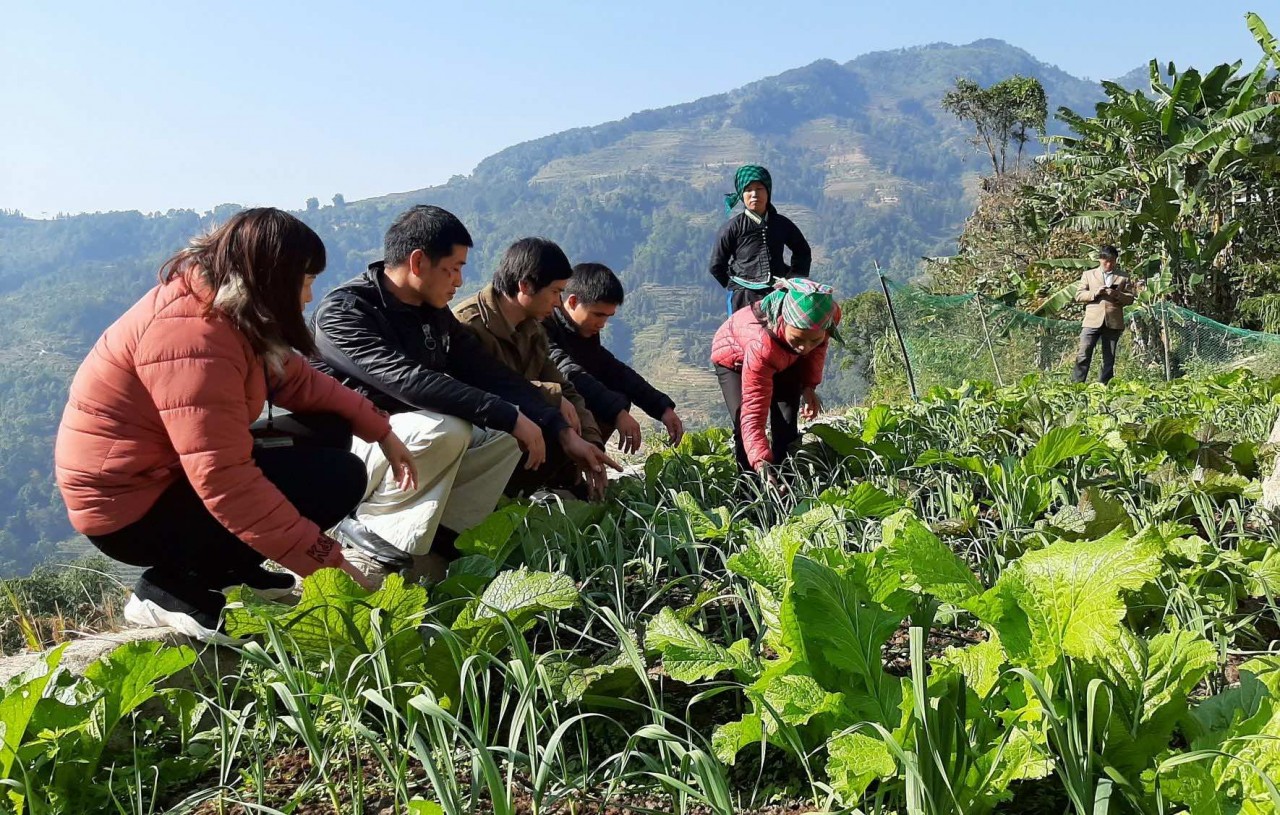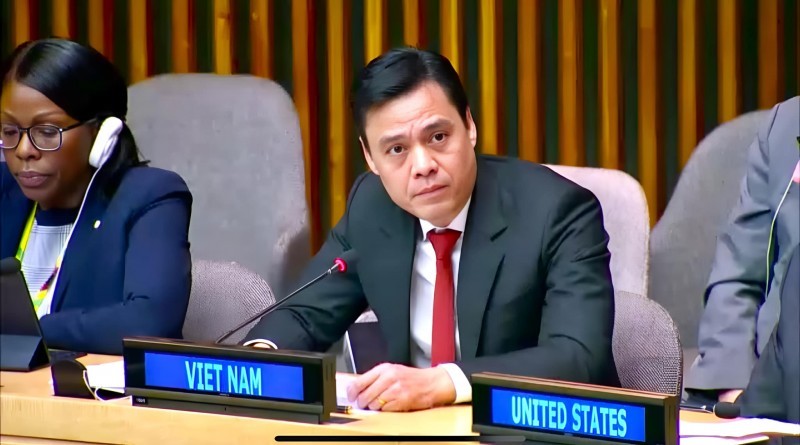Promoting gender equality in the new period
| Gender Equality Experts Recommend Covid Assistance for Vulnerable Groups | |
| Understanding gender inequality through playful education | |
| Speak up to stop sexual harassment in the workplace |
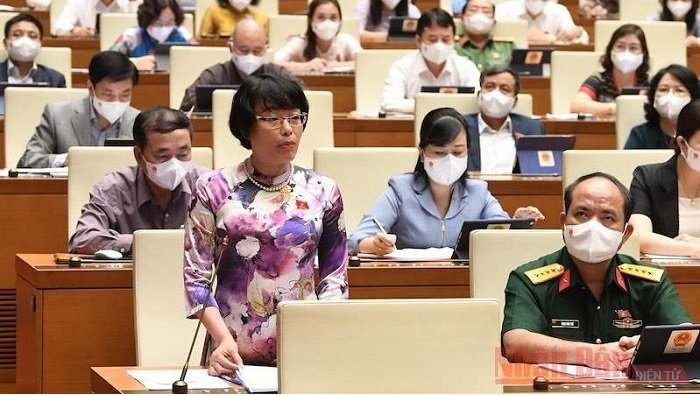 |
| A female NA deputy speaks during the first session of the 15th National Assembly on July 25, 2021. (Photo: NDO/DUY LINH) |
On August 12, the Ministry of Labour, Invalids and Social Affairs (MoLISA) in coordination with the United Nations Entity for Gender Equality and the Empowerment of Women (UN Women) and the Australian Embassy in Vietnam held a virtual conference regarding a final review of the National Strategy on Gender Equality (NSGE) 2011-2020 and the implementation of the NSGE 2021-2030.
In 2019, following the direction of the Prime Minister, with technical and financial support from UN Women and the Australian Embassy in Vietnam, MoLISA conducted a performance review of the NSGE 2011-2020 to serve as the basis for the formulation of the NSGE for the 2021-2030 period.
The development of the objectives and targets under the NSGE 2021-2030 was determined to be in alignment with the nation’s socio-economic development in the new period and international economic integration towards the successful realisation of the sustainable development goals (SDGs) by 2030.
On March 3, 2021, the Government enacted Resolution No. 28/NQ-CP approving the NSGE 2021-2030, encompassing six objectives and 20 specific targets in an effort to further narrow the gender gap across six key spheres - politics; the economy, labour; family life and gender-based violence prevention and response; health; education, training; and information and communications.
Speaking at the workshop, MoLISA Deputy Minister Nguyen Thi Ha highlighted some encouraging results after 10 years of implementation of the NSGE, which have contributed to narrowing the gender gap across all spheres, thereby making a positive contribution to the socio-economic development process of the country.
In particular, the results in the recent elections of deputies to the 15th National Assembly (NA) and People's Councils at all levels for the 2021-2026 term, electing 30.26% female NA deputies and nearly 30% members of People's Councils at all levels being female, clearly demonstrate the efforts in implementing gender equality in Vietnam.
These gains will be a solid foundation for all levels and sectors to sustain and advance further in materialising the national objectives on gender equality in the upcoming period, Ha stressed.
With a view to facilitating the execution of NSGE 2021-2030, within the framework of cooperation with UN Women and the Australian Embassy, MoLISA has developed a guide for data collection and reporting on the NSGE implementation results to aid the key ministries, sectors and localities in the synchronous and consistent collection of data and reporting on the NSGE performance annually, towards ensuring effective and timely monitoring and evaluation of NSGE performance.
Elisa Fernandez Saenz, Representative of UN Women in Vietnam, highly values the country’s efforts and commitment to realising the SDGs, including Goal 5 on Gender Equality and Women's Empowerment.
The review on the NSGE implementation over the past ten years has indicated the need to ensure financial resources for gender equality, in particular through investment expenditure sourced from the state budget, in order to realize the NSGE objectives, she said, adding that it is necessary to ensure the NSGE objectives are properly mainstreamed in sectoral and local plans, as well as in national target programmes.
Vietnam has also been advised to make targeted investments in changing social norms towards advancing gender equality, a core element in promoting the rise in gender equality experienced by a large number of countries worldwide and something which also constitutes the very primary goal of NSGE 2021-2030.
Robyn Mudie, Australian Ambassador to Vietnam, said there are opportunities and challenges in terms of the advancement of women and girls in the coming decade, specifically on issues related to Vietnam’s ageing population, Industrial Revolution 4.0 and the automation of jobs.
The strategy’s guidance and recommendations lay the foundation for strong policy approaches to these issues, while also supporting the critical role of women in the economy and in leadership, she added.
At the workshop, delegates also urged more concerted efforts from the various ministries, departments and sectors of the government, social organisations, the private sector, and United Nations agencies in advancing gender equality, moving towards sustainable development by 2030, so that no one is left behind.
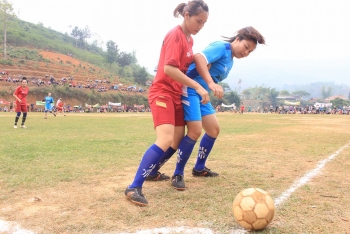 | Shaking off social norms with women's football tournament Football is often called the king of sports, but in Chieng Chung and Muong Chanh - two communes of Son La province, participating in the ... |
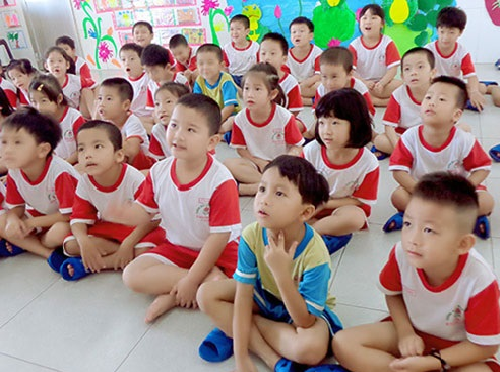 | UNFPA, Norway help Vietnam end gender-biased sex selection The UN Population Fund and the Norwegian Government have pledged to cooperate with and support Vietnam, at both national and sub-national levels, in ending gender-biased ... |
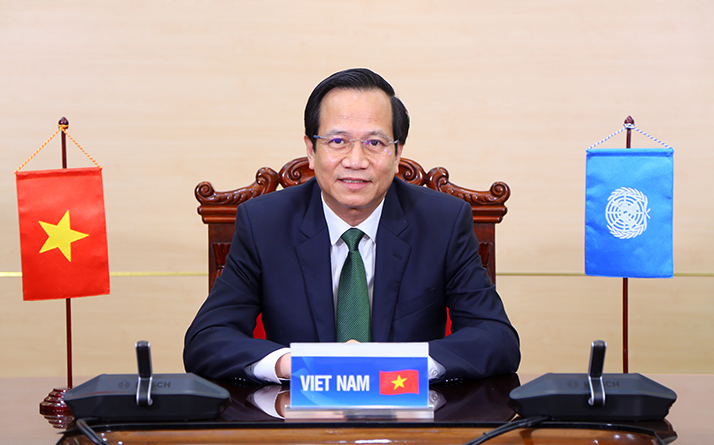 | Vietnam attends UN's Commission on the Status of Women 65th Session On March 23 morning (New York time), on behalf of the Vietnamese Government delegation, Minister of Labor, War Invalids and Social Affairs Dao Ngoc Dung ... |
Recommended
 National
National
Vietnam News Today (May 23): Vietnam–France Comprehensive Strategic Partnership Opens New Horizons for Cooperation
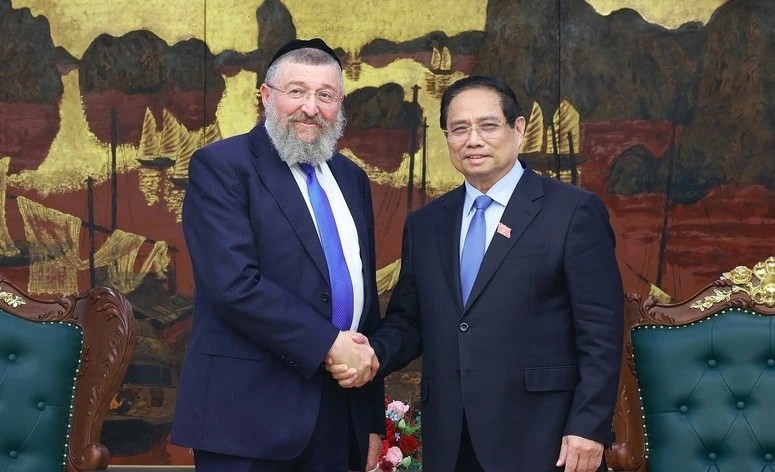 National
National
Vietnam News Today (May 22): Stronger Vietnam-Israel Cooperation Expected in Science, Innovation and Labor
 National
National
Vietnam News Today (May 21): Vietnam Attends UN Commission on Crime Prevention and Criminal Justice's 34th Session
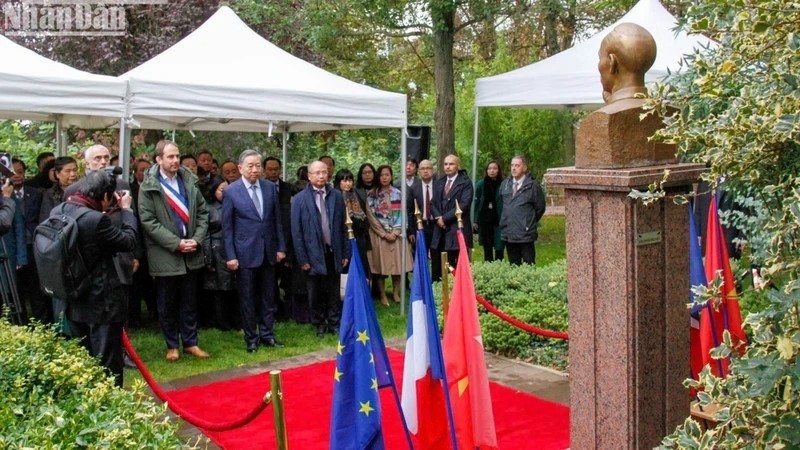 National
National
Deep Affection of International Friends
Popular article
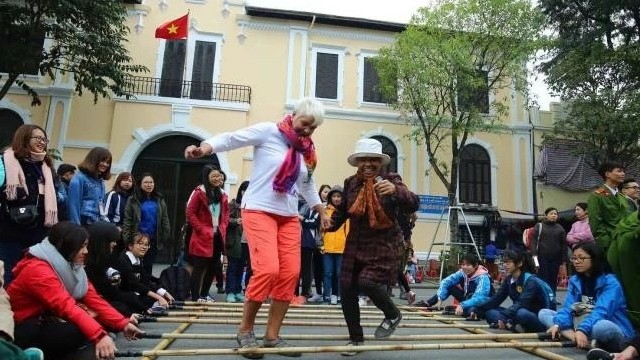 National
National
Vietnam News Today (May 20): Hanoi Named Top Cultural, Artistic Destination in Asia
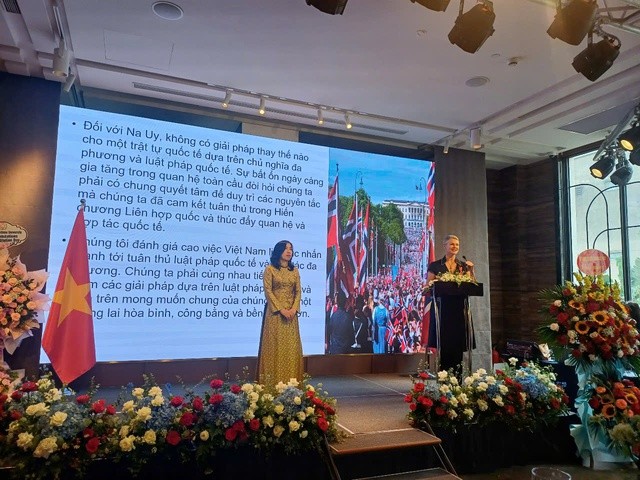 National
National
Vietnam News Today (May 19): Norway Hails Vietnam’s Continued Emphasis on Upholding International Law
 National
National
Vietnam News Today (May 18): Cannes 2025: Vietnam Rising as New Destination for International Filmmakers
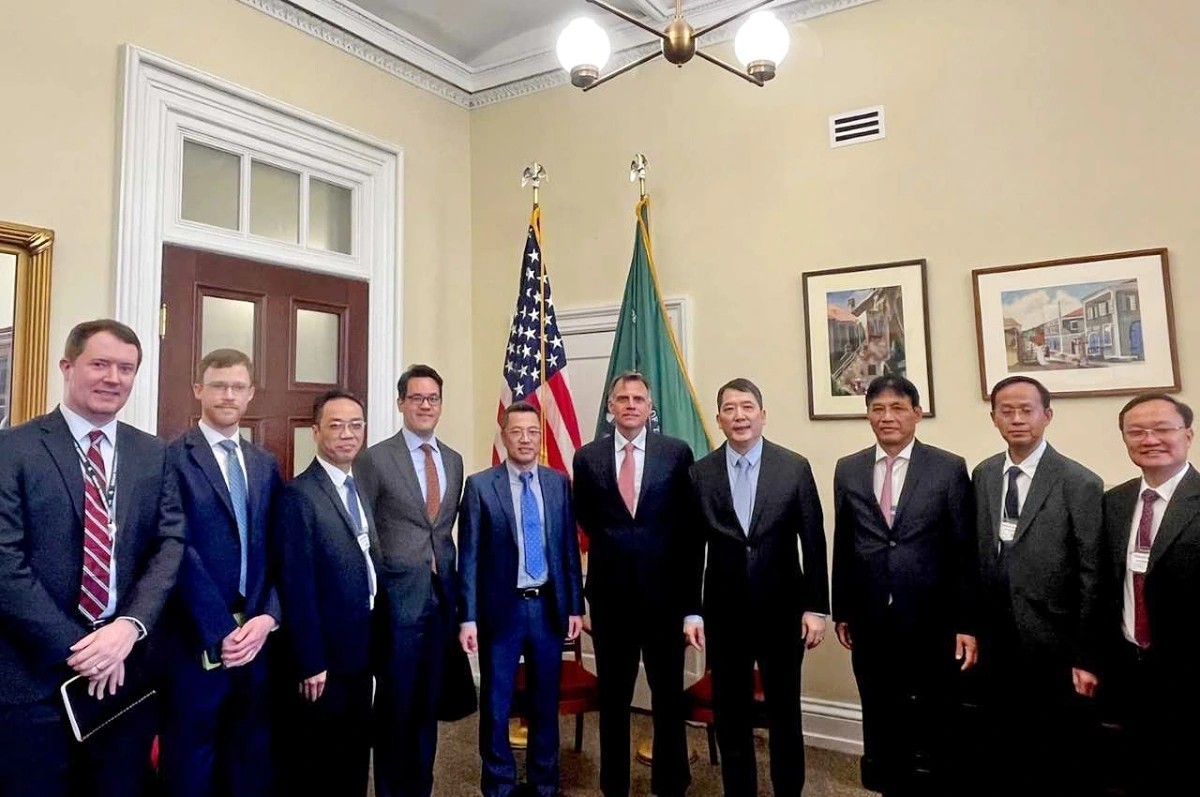 National
National

